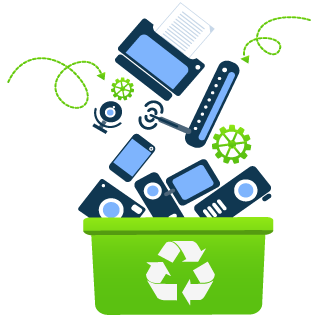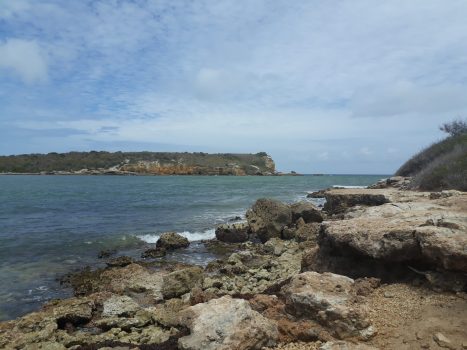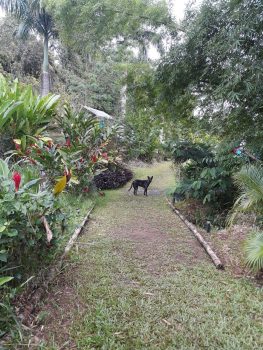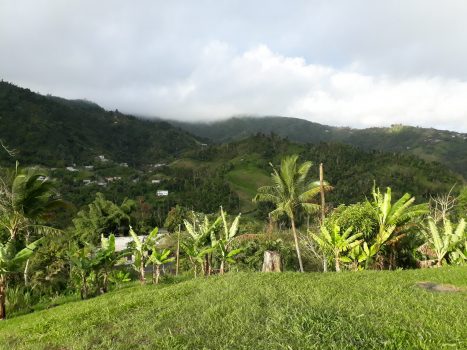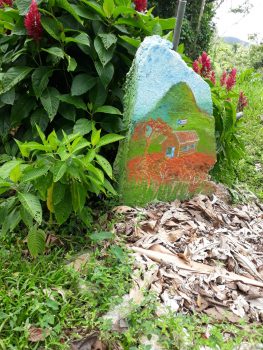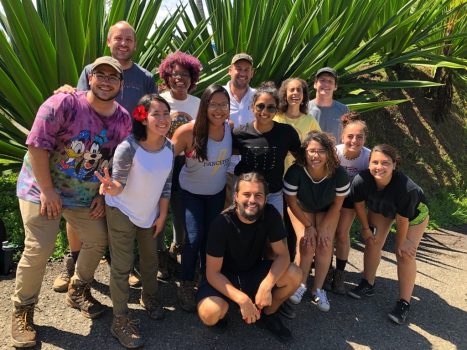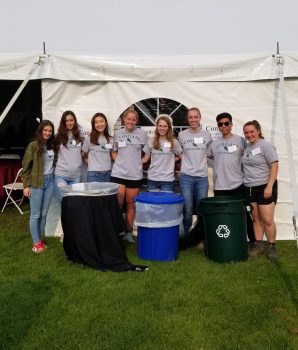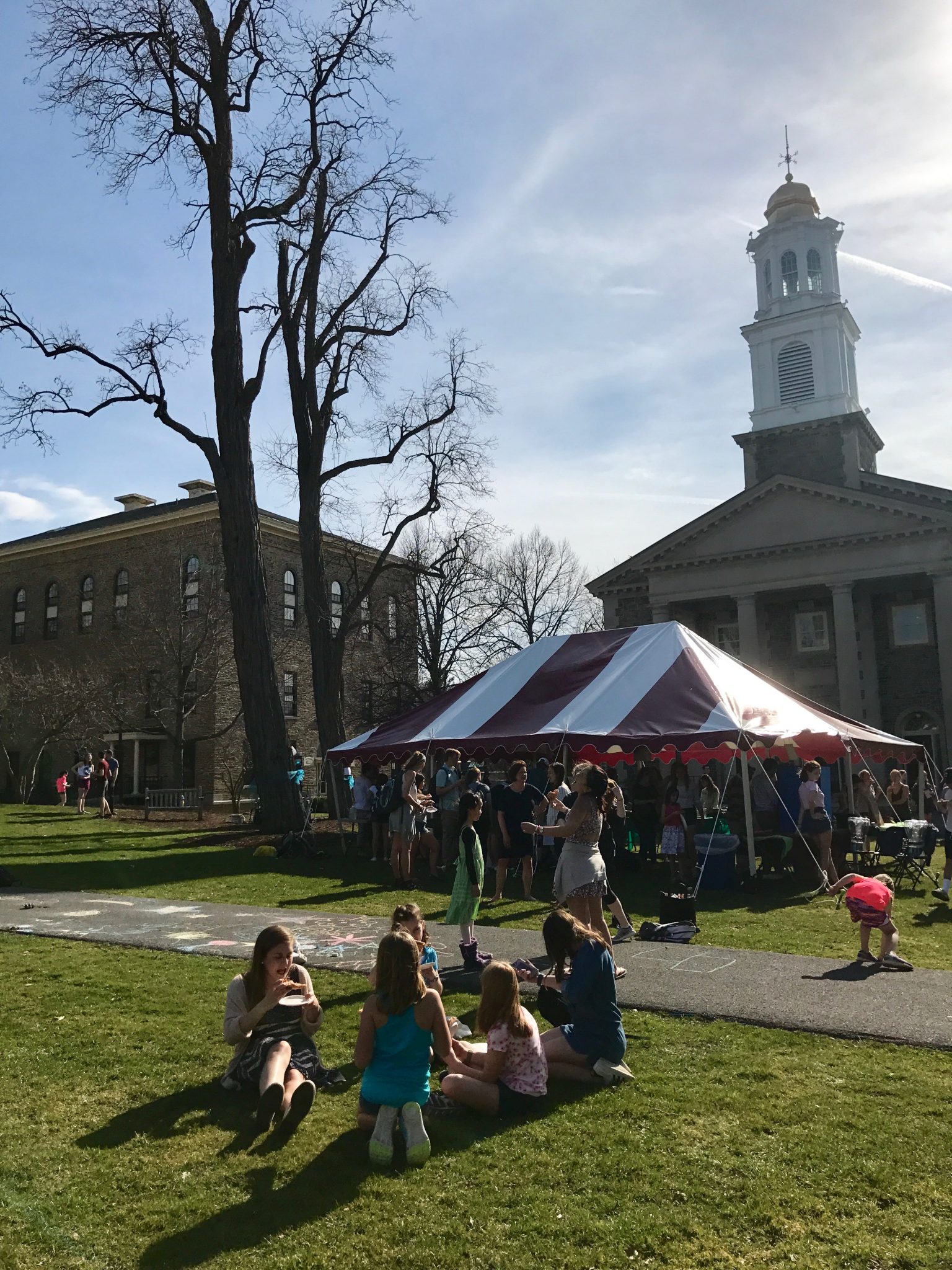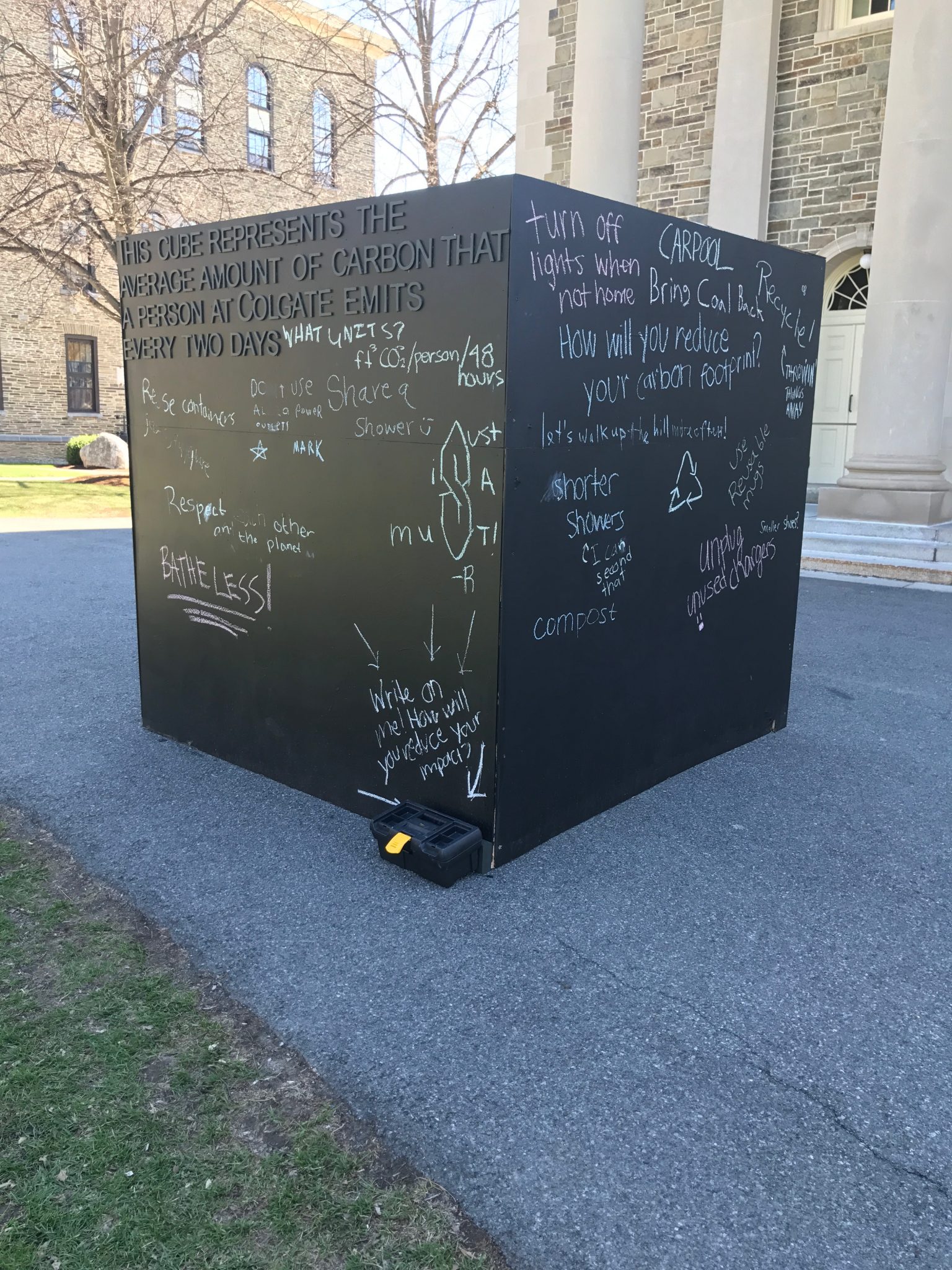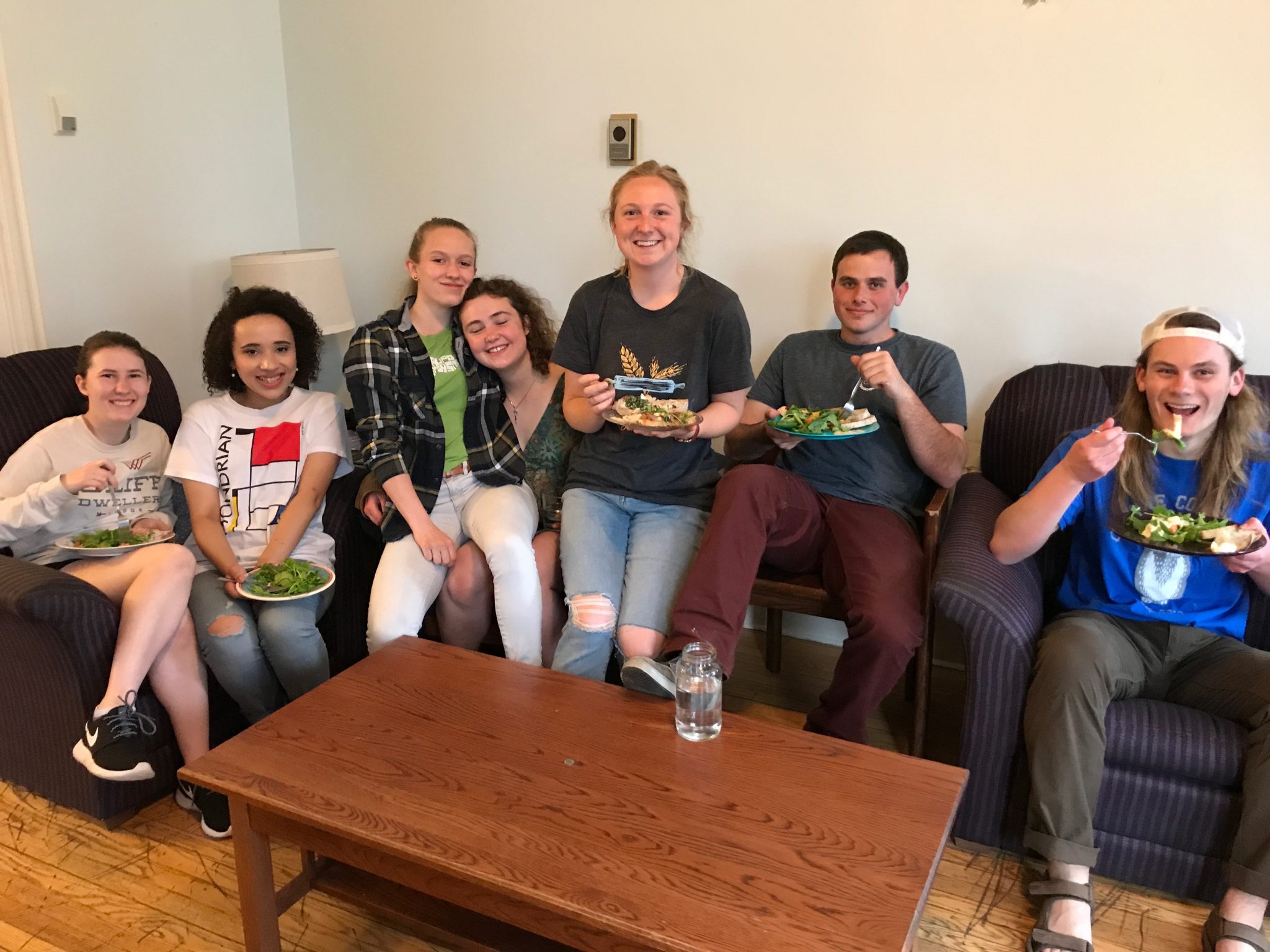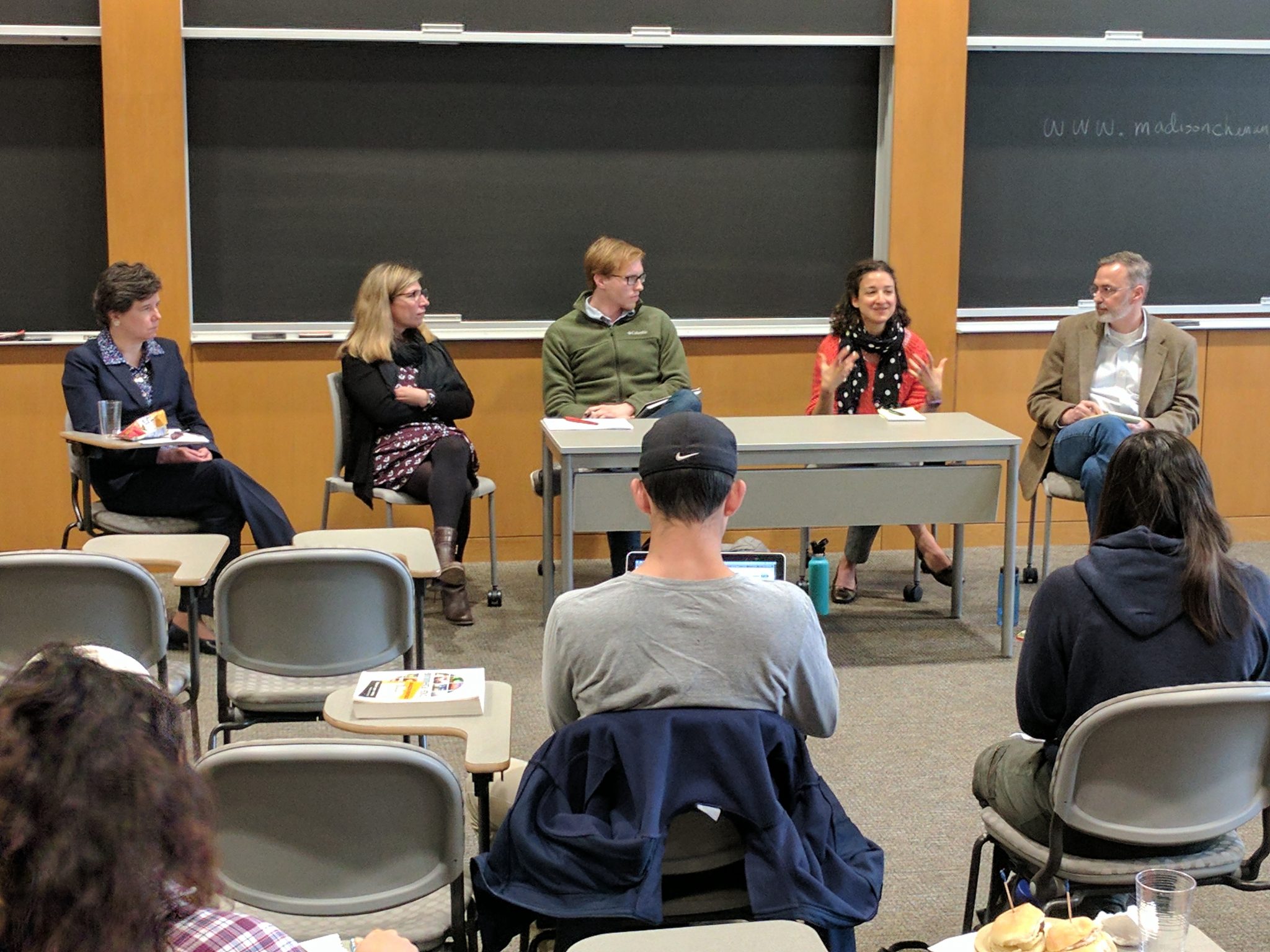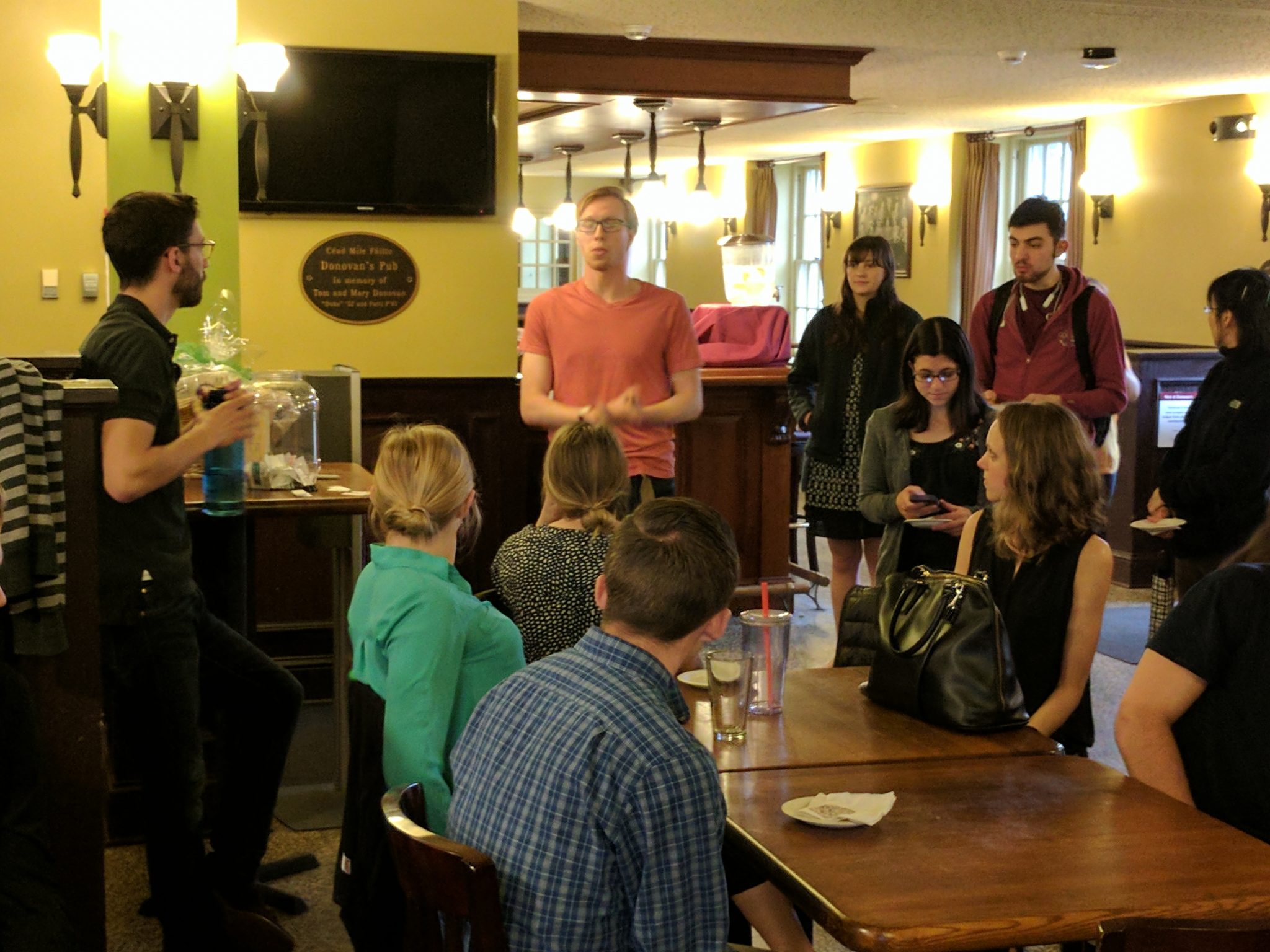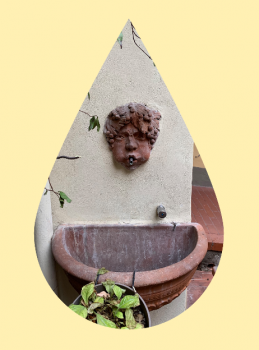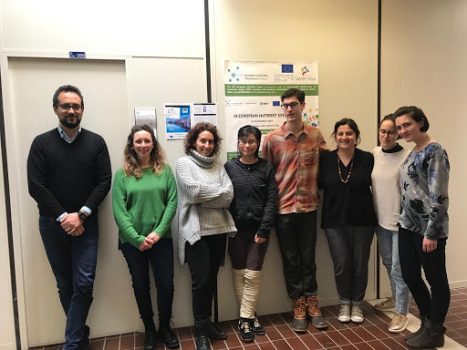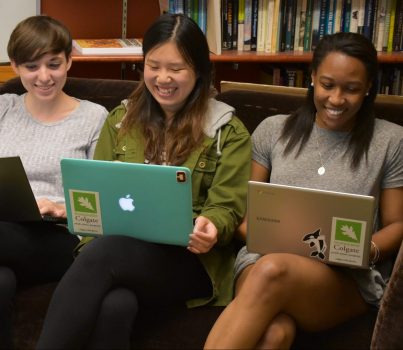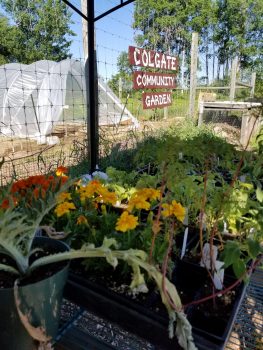What is E-Waste?
Take a second to think about the number of electronic devices you use on a daily basis. Electronic devices go beyond your smartphone or computer– these devices include nearly anything that has batteries or is plugged in to an outlet. As we become increasingly dependent upon these devices and the electronic devices reach the end of their life span, “E-Waste” can pile up. These items cannot and should not simply be thrown in the garbage, as electronics can contain toxic elements that can pollute the air, water, and soil. Some of these elements are considered valuable and can be reused in other electronic devices and should be recycled. By recycling these materials, you are preventing further mining of raw materials. Recycling of eligible e-waste is required by the NYS Electronic Equipment Recycling and Reuse Act.
Recycling E-Waste at Colgate
Recycling your e-waste is an easy and effective way to mitigate continued environmental damage, but it can be confusing as to what is recyclable and where to take e-waste. Previously, the Office of Sustainability picked up small, business-related e-waste from multiple locations across campus. As a new benefit for everyone at Colgate, we are piloting a new system called E-Waste Day in which we have one day per semester when Colgate community members can drop off all personal e-waste at a convenient location. While the sustainability office will no longer be collecting bins from their satellite locations, Colgate community members can now recycle e-waste from both their offices and homes.
Remember, any electronics that belong to the University can not be dropped off on E-Waste day; if the item could be reused or salvaged, contact Salvage/Purchasing (x7838). For computers and printers, call ITS (x7111). This semester, E-Waste Day will be on April 14th at Donovan’s Pub. If your items are large or you need assistance in delivering them, please place a work order with Buildings and Grounds. We only ask that you take a look at the qualifying items below. For more information on e-waste disposal at other times during the year, please visit this site to learn where you can take your e-waste.
What E-Waste is Recyclable
Acceptable E-Waste
- Business Machines
- Cell Phones
- Computers
- Copiers
- Electronics Scrap
- Fax Machines
- Laptops
- Mainframe/Midrange
- Medical Electronics
- Monitors
- Networking Gear
- Printers
- Scientific Equipment
- Servers
- Telecom Equipment
- Televisions
- Typewriters
- USPs
- Wiring & Cabling
Not Acceptable Items
- Dehumidifiers
- Hazardous Waste
- Liquids
- Smoke or CO Detectors
- Wet Cell Batteries
- PCB Ballasts
- Small Appliances (toasters, etc.)
- White Goods (refrigerators, etc.)
*Printer toner can be sent back to the manufacturer or given to your Staples representative
What Happens to E-Waste?
After you drop off your small electronic waste, we deliver it to EWASTE+ in Rochester, NY. EWASTE+ is R2/Rios and NAID AAA certified, which means that your e-waste is handled responsibly. This also ensures that all data is wiped and circuit boards are destroyed through a metal shredder. Therefore, your data and privacy is not compromised.
As technology advances and the consumer demand for electronics increases, we have to remain diligent in our choices that have major environmental and social consequences. Recycling e-waste is an easy way to minimize human impact and ensure sustainability into the future. If you have any further questions regarding e-waste, please contact the Office of Sustainability at sustainability@colgate.edu.









